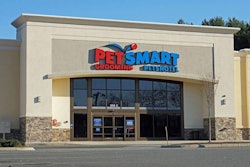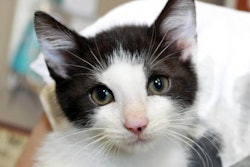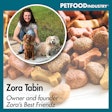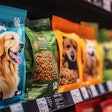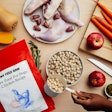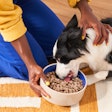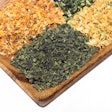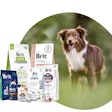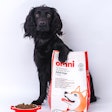
Mergers and acquisitions have reshaped the pet food landscape for several years; consider the top three largest pet food companies. As with many other aspects of our industry, these acquisitions have also mirrored patterns and trends in human food. (See http://goo.gl/gCSlgm.)
Take Agrolimen’s purchase in May 2016 of the remaining shares of St. Louis, Missouri, USA-based Nature’s Variety—another example of a large multinational (Agrolimen also owns Affinity Petcare and GBfoods and Eat Out in human food) buying a smaller specialty company, usually offering natural products. The same narrative is playing out in human food. Shortly after the announcement, I saw an article in the Chicago Tribune: “As tastes shift, Big Food devours smaller, health-focused companies to survive” by Greg Trotter (http://goo.gl/Llx3Fz).
“Such corporate marriages are becoming increasingly common in a changing food landscape, where large, traditional food companies are gobbling up smaller, nimbler firms already established in the coveted realm of food considered to be natural, organic and healthy,” Trotter wrote. “The authentic product stories and trusted brands that resonate with health-focused consumers often are easier to buy than to create in a lab.”
The reactions to the acquisitions, especially on social media, also sounded very familiar. Trotter quoted Scott Mandell, CEO of Enjoy Life Foods, a Chicago-based manufacturer of health-conscious foods, commenting on his company’s purchase by “Big Food giant” Mondelez International, known for processed foods such as Oreos. “People, quite frankly, were like ‘Can’t believe you sold out. They’re going to change everything.’”
A similar reaction occurred after Nestlé Purina acquired Merrick Pet Care last summer, with the latter’s Facebook pages receiving thousands of posts, many lamenting the company’s ‘selling out’ to a larger corporation. The commenters expressed fears that Nestlé would demand detrimental changes; yet so far, it seems to have stuck by its promise to let Merrick operate independently—just as it has with Zuke’s, the natural pet treat maker it purchased in early 2014. And, Nestlé’s support has allowed Merrick to develop even more products and for Zuke’s to come out with its first pet food line.
This, too, follows what’s happened in human food. As Trotter quoted an executive with General Mills describing its strategy after buying organic foods maker Annie’s in 2014: “Let’s not break what’s not broken.”



